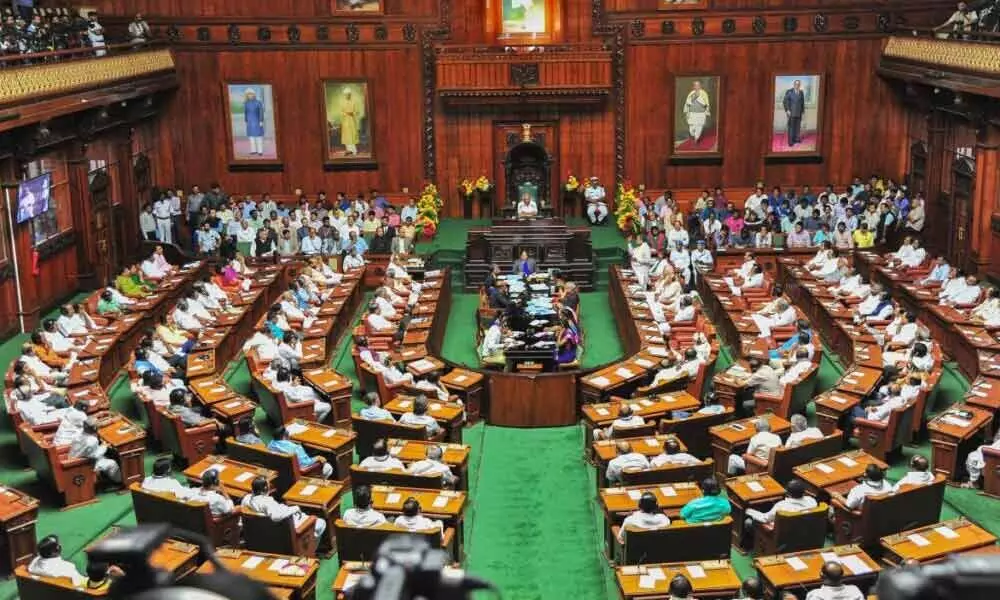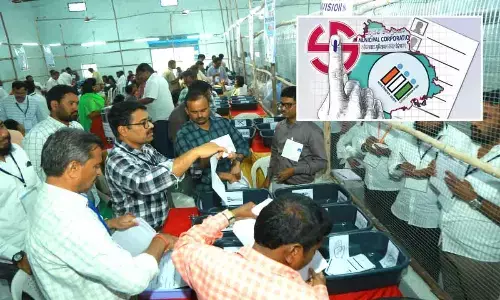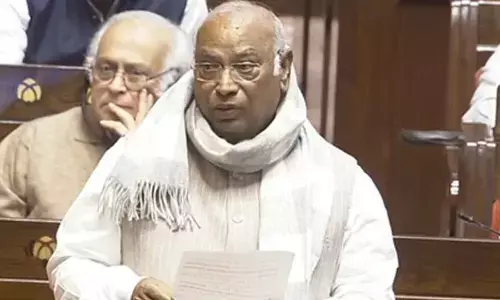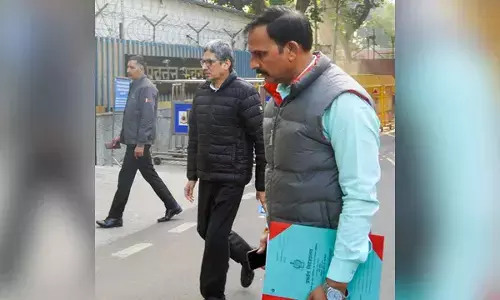Karnataka Assembly passes bill to raise state's borrowing limit from 3% of GSDP to 5%

Karnataka Assembly passes bill to raise state's borrowing limit from 3% of GSDP to 5%
A bill amending the Fiscal Responsibility Act to raise Karnataka's borrowing limits from 3 per cent of Gross State Domestic Product to 5 per cent for the year 2020-21 was passed by the Karnataka assembly on Friday, opposing which the Congress staged a walk out
Bengaluru: A bill amending the Fiscal Responsibility Act to raise Karnataka's borrowing limits from 3 per cent of Gross State Domestic Product to 5 per cent for the year 2020-21 was passed by the Karnataka assembly on Friday, opposing which the Congress staged a walk out.
The Karnataka Fiscal Responsibility (Amendment) Bill, 2020, that amends the 2002 act, will allow the state, which is facing a severe financial crunch due to the COVID-19 pandemic, to raise an additional Rs 36,000 crore in loan, to meet various expenditures, without violating fiscal discipline. The bill, in its statement of objective as reasons, states that it amends Section 4 of the 2002 act to raise the fiscal deficit to 5 per cent of the estimated GSDP for the year 2020-21 as a one time relaxation. Commending the bill for consideration of the house, on behalf of Chief Minister B S Yediyurappa, Law Minister J C Madhuswamy said, "we are in difficult times....this additional 2 per cent raise will make Karnataka eligible to get Rs 36,000 crore.
Of this, we have decided to borrow Rs 33,000 crore."
He also made it clear that this relaxation will be only for this year, considering the current circumstances and expected shortfall in revenue due to the pandemic. "This government does not have an addiction to borrowing and does not want to unnecessarily put a burden on the people by borrowing.
We have to do this to keep things going," the Minister said, as he rejected the opposition's criticism of pushing the state into debt. The centre in May had agreed to raise the borrowing limit of states from 3 per cent of GSDP to 5 per cent in 2020-21.
However, the Congress, led by Leader of the Opposition Siddaramaiah, opposed the move to increase the limit to 5 per cent.
Alleging that the government's fiscal policies are not right, he warned against pushing the state into debt by increasing the limit to 5 per cent of GSDP and insisted it be raised to 3.5 per cent to manage the situation.
As the government did not pay heed to his demand, Siddaramaiah, along with Congress legislators, staged a walk out, following which the Speaker Vishweshwar Hegde Kageri put the bill to vote and it was passed by a voice vote.
Yediyurappa had earlier in the budget had estimated total borrowings at Rs 52,918 crore.
Earlier, participating in the discussion on the bill, Siddaramaiah cautioned the government to be "prudent" in collection of taxes and in expenditure or else the state will go 20 years backward. Asking the government to bring down the committed expenditure as otherwise it will be "very difficult", he said, the committed expenditure- to pay salary, interest payment, subsidies among others- has already reached 90 per cent, and only 10 per cent be left for development expenditure. "How will the development happen?"
He strongly pitched for drastic steps to cut down wasteful expenditure, increasing non tax revenues, doing away with unnecessary posts in the government bureaucracy.
Some members also raised concern about the borrowed amount being used to meet the committed expenditure too.
Siddaramaiah even questioned the government why it was silent on GST compensation and on the issue of the Centre denying about Rs 5,495 crore special grant recommended by the Finance Commission following the shortfall of 1.07 per cent in the state's share of central taxes for 2020-21 under the 15th Finance Commission, compared to 14th one.
On shortfall in GST revenue, he also questioned why Karnataka could not ask the centre to borrow for the state, and thereby keep up its commitment to compensate states.
Among other bills passed was the Bengaluru Development Authority (Amendment) Bill to regularise an estimated 70,000 unauthorised properties in layouts developed by the Bangalore Development Authority (BDA), by levying a penalty.








